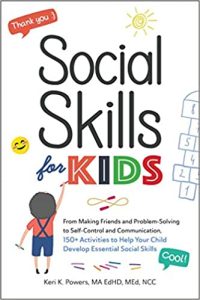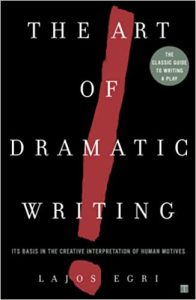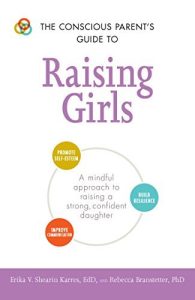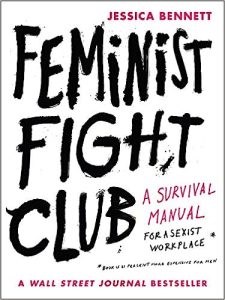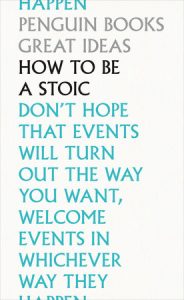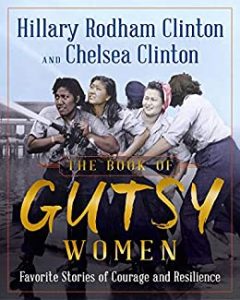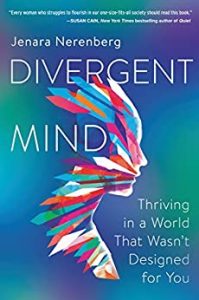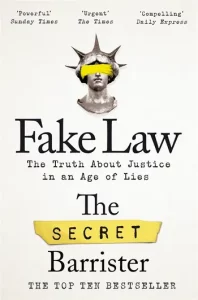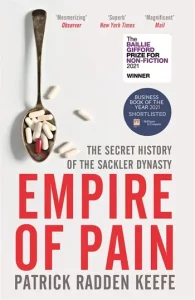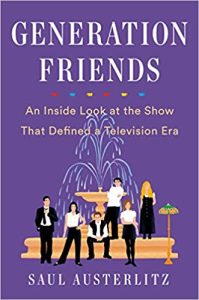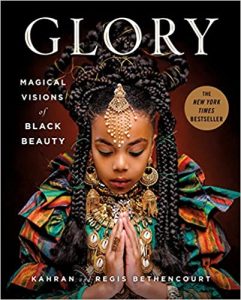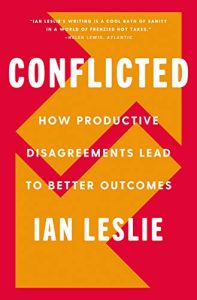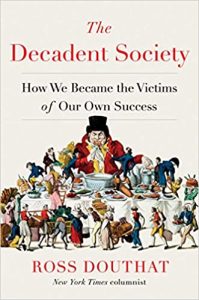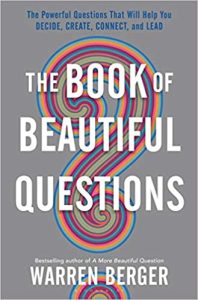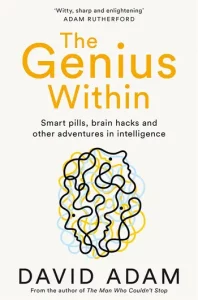Social Skills For Kids
₦6,500.00From taking turns to making eye contact to staying engaged during conversations, developing appropriate social skills is an important factor for kids to be able to succeed in school and life in general. But how can you tell if your child is really making progress while you read the same stories, have the same conversations, and chaperone the same playdates? The answer is to add some variety to your child’s daily activities with these 150 exercises specially designed to keep your child (and their friends) entertained, all while teaching them effective social skills.
In Social Skills for Kids, you’ll learn everything you need to know about how social skills develop in children and what you can do to support their growth. In this book, you’ll find games to encourage them in group settings, activities that you (or another caregiver) can do alone with your child, and ways to make the most of virtual interactions for social skill development.
So whether you’re looking for new activities to entertain a few friends during playtime, searching for fun (and educational) games you and your child can play together, or even interested in ways to include people you can’t physically visit, Social Skills for Kids has all the tools you need to help your child develop the social skills they need to succeed.

